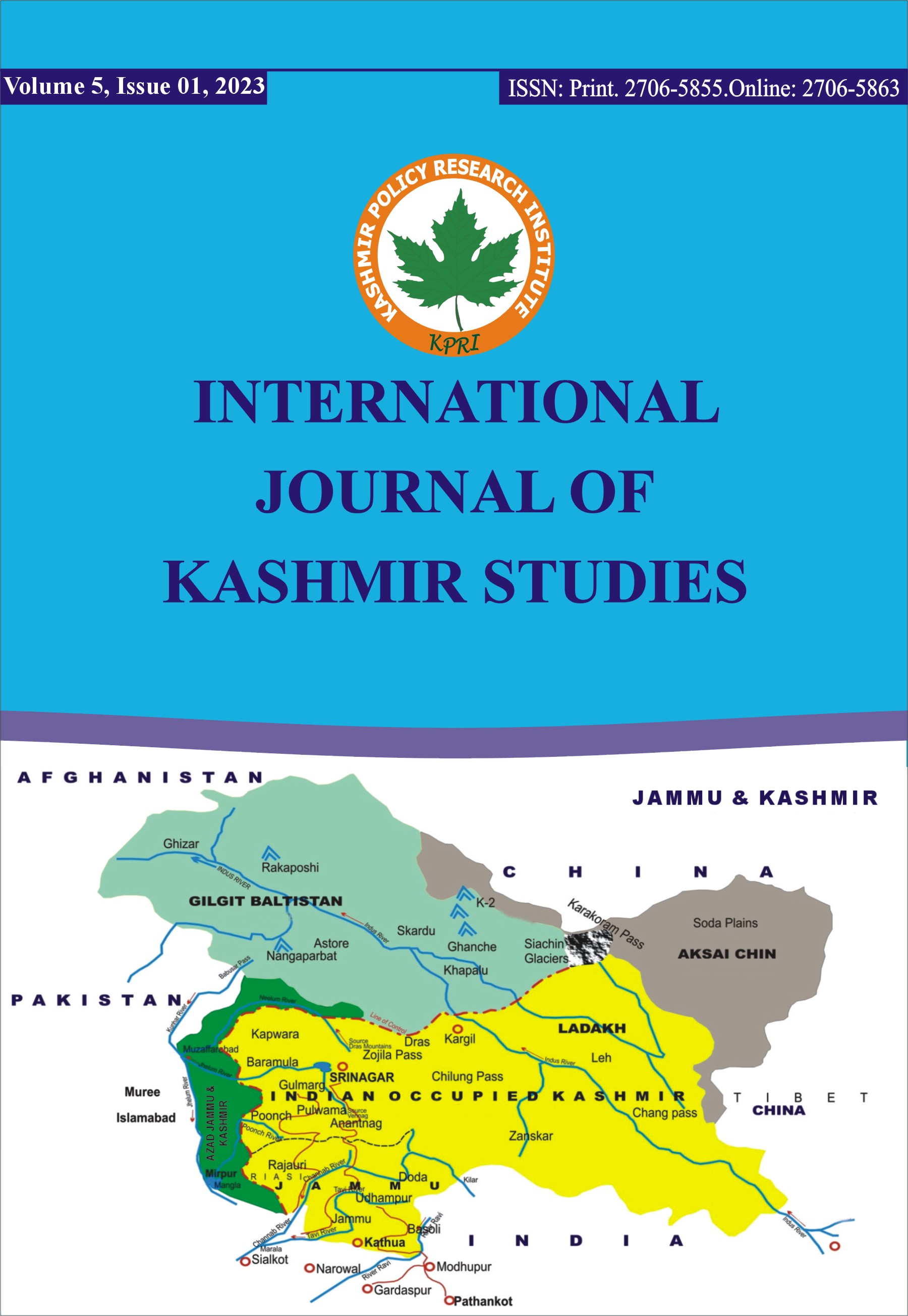The Twin Citizens? A Critical Appraisal of Citizenship laws in Pakistan and India
Abstract
The objective of this paper is to comprehensively discuss and critically analyze the citizenship laws of Pakistan and India. The Universal Declaration of Human Rights asserts that every person has a right to citizenship without discrimination and cannot be deprived of it on any grounds. However, in the case of Pakistan and India, individuals are often denied the benefits of citizenship. This study employed qualitative content analysis to explore the topic. Firstly, this article discusses the laws governing Pakistani citizenship. It delves into the criteria and requirements for obtaining citizenship in Pakistan, including naturalization and descent. It also explores any limitations or challenges that individuals may face in the process. Secondly, this article examines how citizenship can be acquired in India. It discusses the various modes of acquiring Indian citizenship, such as birth, descent, registration, and naturalization. Additionally, it sheds light on any complexities or hurdles that individuals might encounter when seeking Indian citizenship. This paper concludes with a critical appraisal of the citizenship laws of Pakistan and India. It highlights any potential issues, such as discrimination, exclusion, or lack of inclusivity within the existing legal frameworks. It also emphasizes the need for a comprehensive review and reconsideration of these laws in light of political, demographic, and geographical changes that both countries have undergone. In summary, this paper recommends a thorough review and reconsideration of the citizenship laws in Pakistan and India. It emphasizes the importance of ensuring that these laws align with the principles of equality, non-discrimination, and universal human rights. By addressing any shortcomings and making necessary revisions, both countries can strive towards more inclusive and just citizenship policies.
Downloads


